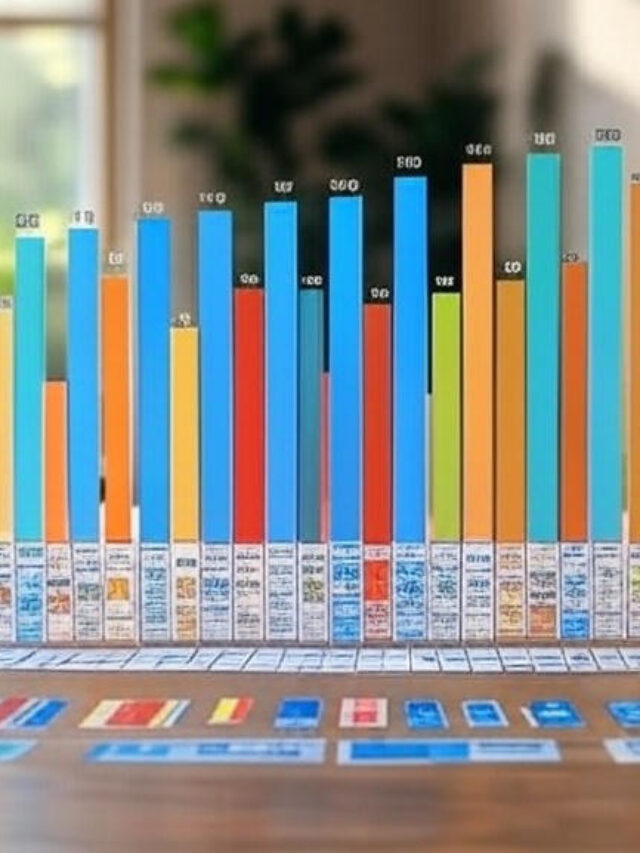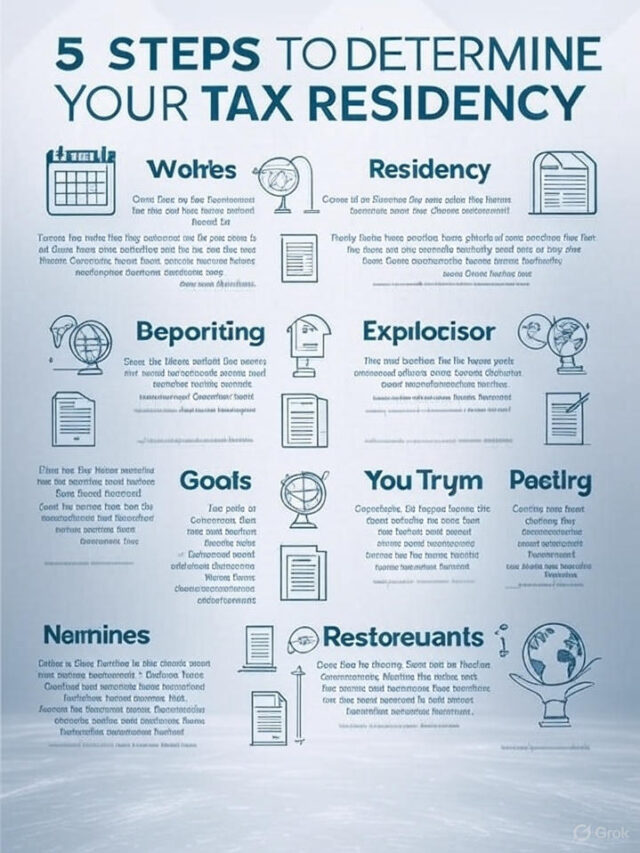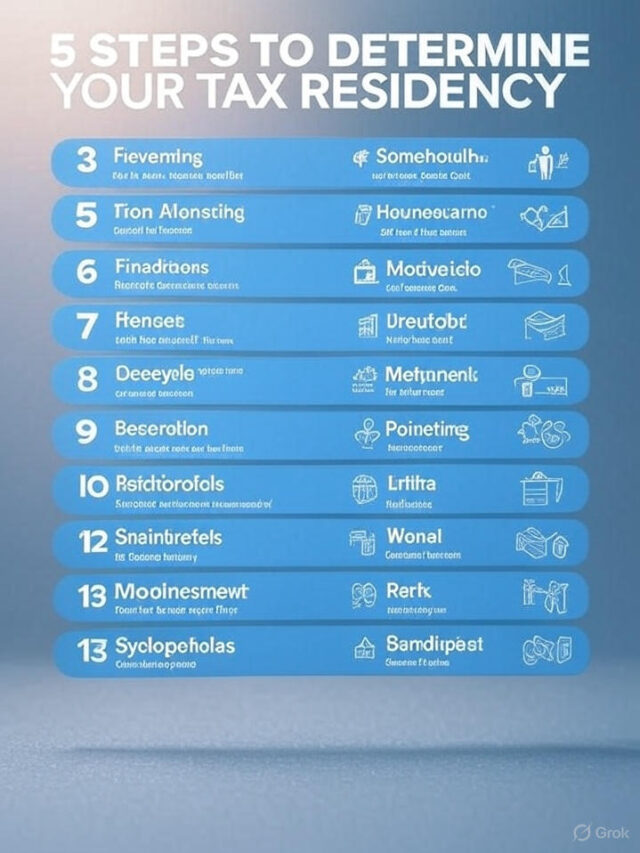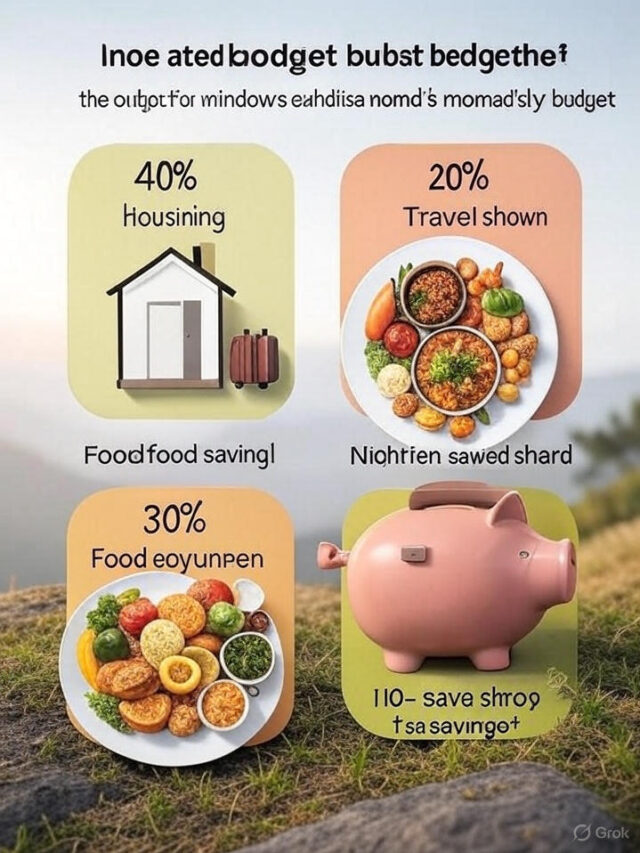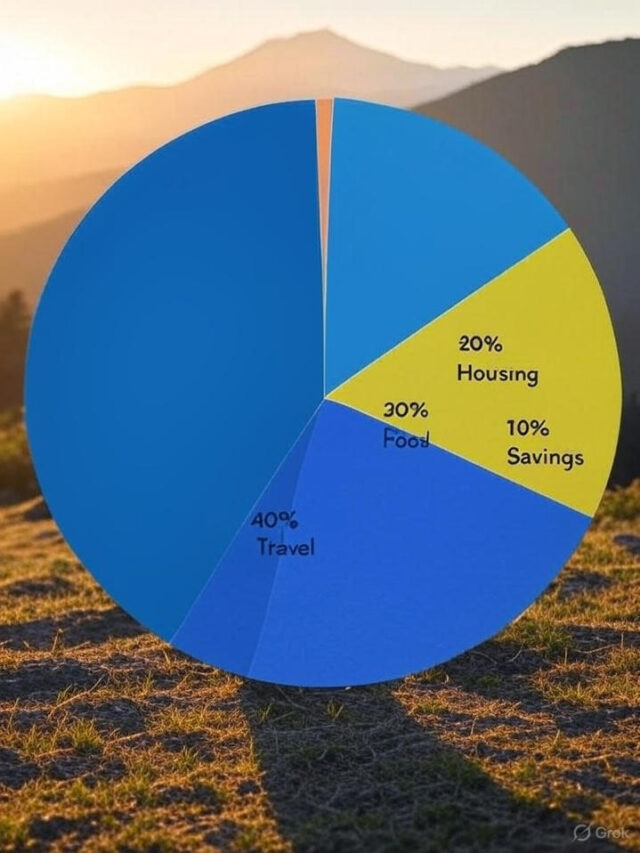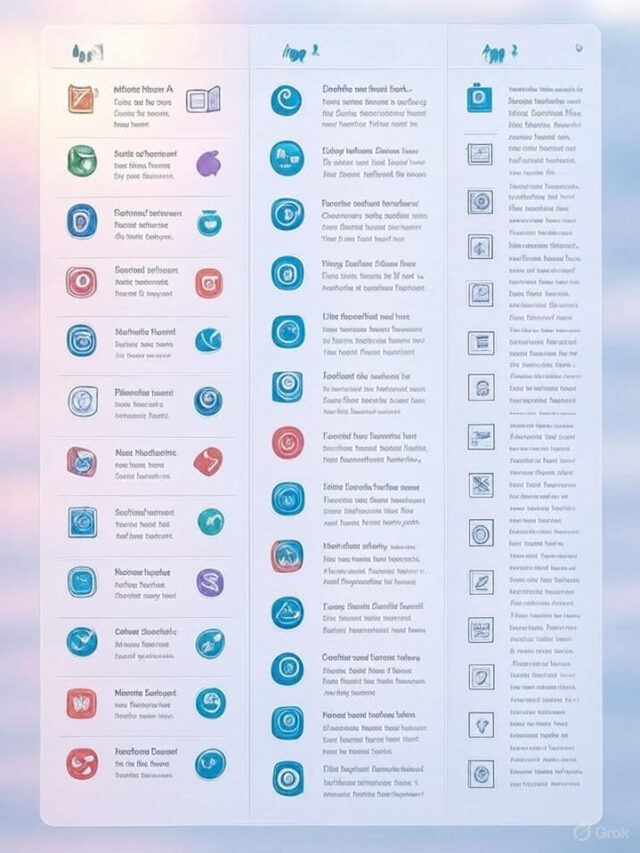
Feeling like you’re running on empty by mid-afternoon? You’re not alone. That sudden energy crash—when your eyelids droop, your focus fades, and all you want is a nap—is a common struggle. Whether it’s the dreaded afternoon slump or a random afternoon energy crash, these energy dips can derail your day. But don’t worry! With a few simple tweaks, you can learn how to avoid energy crash moments and keep your energy steady from morning to night.
In this guide, we’ll break down why energy crashes happen, share practical solutions to beat them, and give you tips to prevent that afternoon slump from stealing your productivity. Let’s dive in and reclaim your energy!
Table of Contents
What Is an Energy Crash?
Why Do You Get an Afternoon Slump?
How to Avoid Energy Crash: 5 Proven Strategies
Tackling the Afternoon Energy Crash with Smart Habits
Quick Fixes for an Instant Energy Boost
FAQs About Energy Crashes

What Is an Energy Crash?
An energy crash is that moment when your body and mind suddenly feel drained, like someone pulled the plug on your energy supply. You might feel sleepy, irritable, or unable to focus. For many, this hits in the early afternoon, often between 1 PM and 3 PM, earning it the nickname afternoon slump. But energy crashes can strike any time, leaving you sluggish and unmotivated.
These dips aren’t just annoying—they can affect your work, mood, and even your health if they happen regularly. The good news? Understanding why they occur is the first step to stopping them.
Why Do You Get an Afternoon Slump?
Ever wonder why you feel fine in the morning but hit a wall after lunch? The afternoon slump isn’t just bad luck. Here are the main culprits behind your energy crash:
Blood Sugar Spikes: Eating a carb-heavy lunch (like a sandwich or pasta) can cause your blood sugar to spike and then crash, leaving you tired.
Circadian Rhythm Dip: Your body’s natural clock has a slight dip in alertness in the early afternoon, making you feel sleepy.
Dehydration: Even mild dehydration can zap your energy and focus.
Poor Sleep: If you’re not getting 7–8 hours of quality sleep, your body struggles to stay energized.
Stress Overload: Chronic stress or mental fatigue can trigger an afternoon energy crash by draining your mental reserves.
By pinpointing what’s causing your slump, you can take targeted steps to prevent it. Let’s explore how.
How to Avoid Energy Crash: 5 Proven Strategies
Ready to say goodbye to energy crashes? These five strategies will help you maintain steady energy all day long. They’re simple, science-backed, and perfect for beginners.
1. Balance Your Meals
To prevent an energy crash, focus on balanced meals that keep your blood sugar stable. Combine:
Protein (like chicken, eggs, or beans) for sustained energy.
Healthy fats (like avocado or nuts) to keep you full.
Complex carbs (like quinoa or sweet potatoes) for slow-release energy.
For example, swap a sugary donut for a breakfast of Greek yogurt with berries and almonds. For lunch, try a salad with grilled chicken and olive oil dressing to avoid the afternoon slump.
2. Stay Hydrated
Dehydration is a sneaky cause of energy dips. Aim for 8–10 glasses of water daily, and sip consistently rather than chugging all at once. Add a slice of lemon or cucumber for flavor if plain water bores you. Pro tip: If you feel an afternoon energy crash coming on, drink a glass of water before reaching for coffee.
3. Take Short Movement Breaks
Sitting all day can make you feel sluggish. To combat the afternoon slump, take a 5-minute walk, do some stretches, or even dance to your favorite song. Movement boosts blood flow, delivering oxygen to your brain and muscles, which helps you feel alert.
4. Optimize Your Sleep
Poor sleep is a major trigger for energy crashes. Aim for 7–8 hours of restful sleep by:
Sticking to a consistent bedtime.
Avoiding screens 30 minutes before bed.
Keeping your bedroom cool and dark.
Better sleep means fewer energy crash moments during the day.
5. Manage Stress
Stress can drain your energy faster than a double espresso can boost it. Try simple stress-busters like deep breathing, meditation, or journaling for 5 minutes daily. These habits can prevent an afternoon energy crash caused by mental overload.
Tackling the Afternoon Energy Crash with Smart Habits
The afternoon energy crash is especially tough because it often hits when you’re busiest. Here are extra habits to keep your energy steady during that 1–3 PM window:
Eat a Light Lunch: Heavy meals make you sleepy. Choose a light, nutrient-packed lunch like a veggie wrap with hummus or a quinoa bowl with lean protein.
Limit Caffeine After Noon: That 2 PM coffee might perk you up temporarily, but it can disrupt your sleep later, leading to more crashes. Try green tea for a gentler boost.
Power Nap (If Possible): A 10–20-minute nap can recharge you without leaving you groggy. Set an alarm to avoid oversleeping.
Get Natural Light: Sunlight helps regulate your circadian rhythm. Step outside for a few minutes during your break to fight the afternoon slump.
Quick Fixes for an Instant Energy Boost
Caught in an energy crash with no time to spare? Try these fast fixes:
Snack Smart: Grab a handful of almonds or an apple with peanut butter for a quick, balanced boost.
Breathe Deeply: Take 10 slow, deep breaths to oxygenate your body and clear your mind.
Cold Water Splash: Splash cold water on your face or wrists to wake up your senses.
Listen to Upbeat Music: A lively song can lift your mood and energy in seconds.
These tricks won’t replace long-term habits, but they’re lifesavers when you need a quick pick-me-up.
FAQs About Energy Crashes
Q: What causes an energy crash after eating?
A: An energy crash after eating is often due to a blood sugar spike from high-carb or sugary foods. Eating balanced meals with protein, fats, and complex carbs can prevent this.
Q: How can I stop an afternoon slump without coffee?
A: To avoid an afternoon slump, stay hydrated, take a short walk, or eat a protein-rich snack like nuts. These natural boosts keep you energized without caffeine.
Q: Is an afternoon energy crash normal?
A: Yes, a mild afternoon energy crash is common due to your body’s circadian rhythm dip. But frequent or severe crashes may signal poor diet, dehydration, or lack of sleep.
Q: How long does it take to prevent energy crashes?
A: With consistent habits like balanced eating, hydration, and good sleep, you can reduce energy crash frequency in as little as a week.
By making these small changes, you can wave goodbye to the energy crash and afternoon slump that slow you down. Start with one or two tips—like drinking more water or balancing your lunch—and build from there. Your energy (and productivity!) will thank you. Got a favorite energy-boosting trick? Share it in the comments below!


Tax Strategies for Digital Nomads: A Comprehensive Guide to Staying Compliant and Saving Money
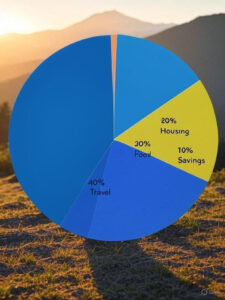

Saving Money as a Digital Nomad: A Comprehensive Guide to Financial Freedom


The Best Budgeting Apps for Digital Nomads: Managing Finances on the Go

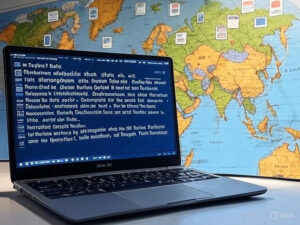
AI Writing Tools: Your Ultimate Guide to Smarter Content Creation in 2025

Pages
Categories
Recent Posts

Retirement Planning for Digital Nomads: A Roadmap to Financial Freedom on the Move

Tax Strategies for Digital Nomads: A Comprehensive Guide to Staying Compliant and Saving Money


Saving Money as a Digital Nomad: A Comprehensive Guide to Financial Freedom


